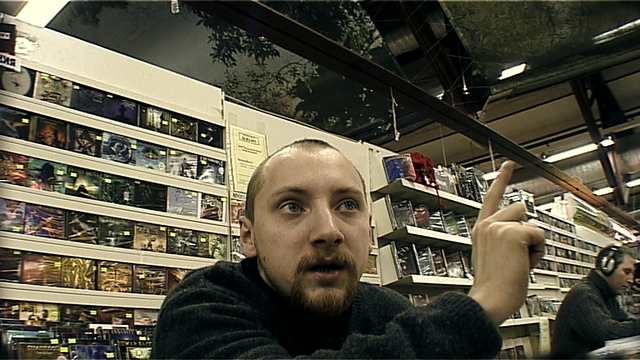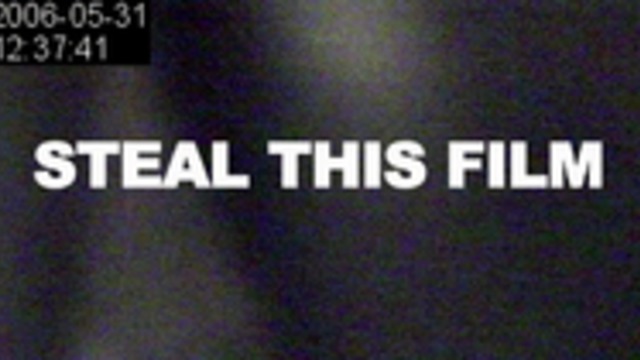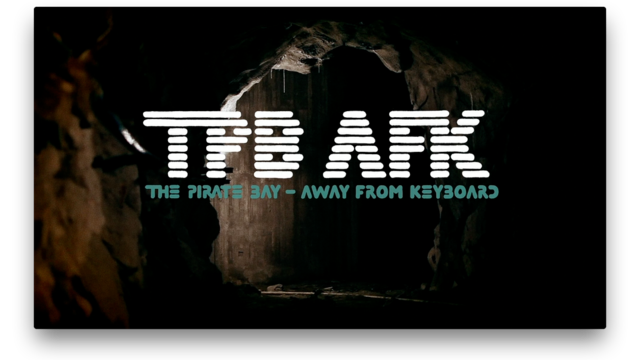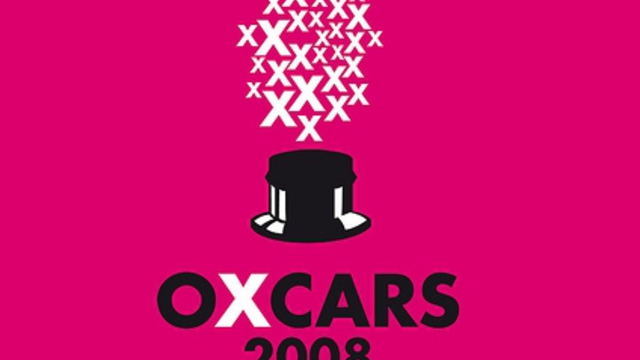Erik Hobijn over techno-parasieten
Techno-parasieten zijn volgens de definitie van Hobijn 'apparaatjes die gebruikmaken van gedeeltes van onze verworvenheden, speeltjes behept met opmerkzaamheid die technische storingen tot gevolg hebben.' Technoparasiet 00020004C leeft van de lantaarnpaal. Het is een soort bloemkelk dat het regenwater opvangt en het licht van de lantaarn omzet in energie, met als doel het creëren van een potentiaal verschil. Het regenwater wordt gebru ikt om het proces te versnellen. Hiermee wordt eerst de zinklaag aangetast en op den duur ook de ijzerlaag aangevroten zodat de lantaarnpaal wordt doorgezaagd en omvalt. Een andere parariet klimt in een spiraalachtige beweging langs de lantaarnpaal omhoog. Het motortje loopt op lichtenergie, heel langzaam. Boven aangekomen slaat hij ineens het glas en lamp kapot, vermoord zo zijn voedingsbron en valt dan naar beneden.
Read



